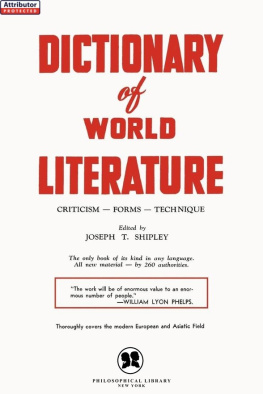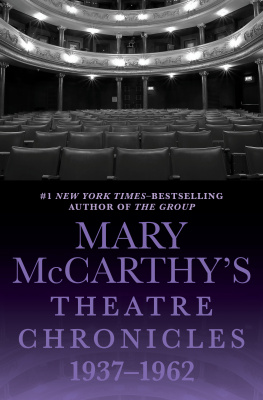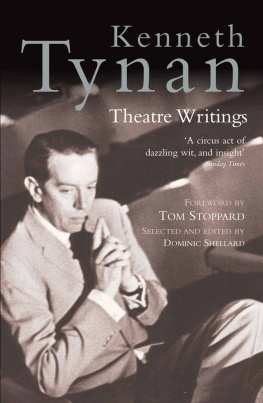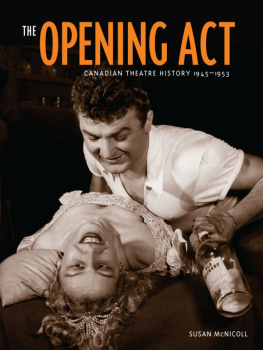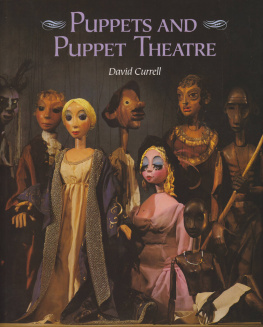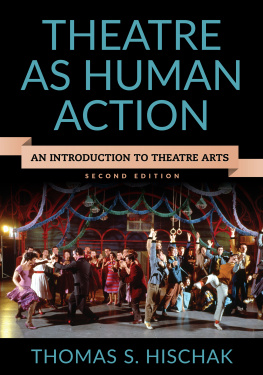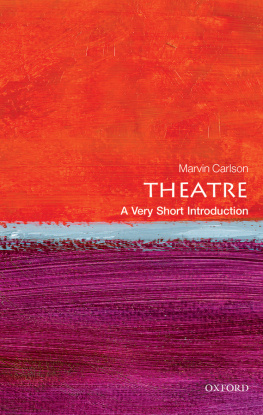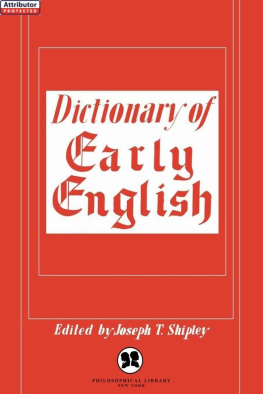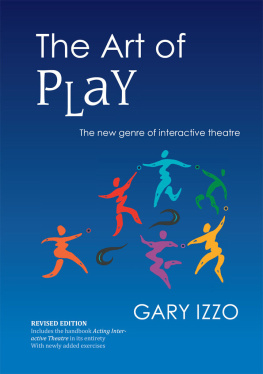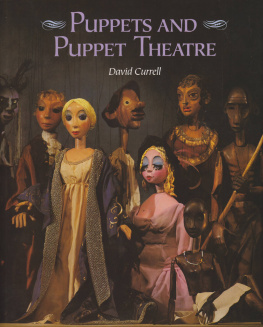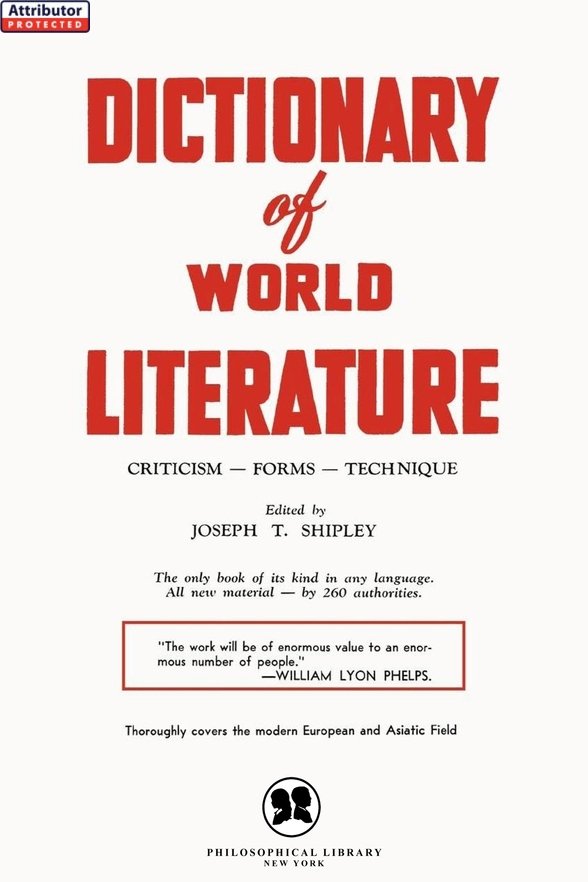A
A B C; Absey. (1) A poem of which the successive lines or, usually, stanzas (Chaucer) begin with the successive letters of the alphabet. The 119th Psalm is a stanzaic A B C: of its 22 stanzas (for the 22 Hebrew letters) each has 8 couplets the first line of which begins with the same letter. (2) A book of the alphabet; or of the rudiments of a subject.
abecedarius. See Acrostic.
Abenteuerroman. G. Novel of adventure rooted in the medieval Court Epic, developing under picaresque influence into realistic fiction (Grimmelshausens Simplicissimus ) . In 17th c. Robinson Crusoe served as model for Robinsonaden. The type deteriorated into popular adventure stories. W.A.R.
Abgesang. See Meistergesang.
abhinaya. Sanskrit Th. The suggestive imitation of moods and emotions of play characters; rhythmic showing; pantomime.
abominatio. See Ecphonesis.
ab ovo. (L., From the egg). In great detail. Used by Horace ( Ars Poetica 147) of a dull account of the Trojan War, beginning with the egg of Leda from which Helen was born. Contrasted with a vivid narrative such as that of the Odyssey which begins in medias res. No relation with the proverbial expression ab ovo usque ad mala, from egg to apples, which is comparable to our own from soup to nuts (Horace Satire 1, 3, 6). L.W.D.
absolutism See Relativism.
ABSTRACT, G ENERAL . The particular, or singular, term names a determinate object or event ( e.g. Bucephalus). The general term denotes a class of objects, or an object as belonging to a class ( e.g. horse). The concrete term (which may be either singular or general) refers to the object itself, either as determinate ( e.g. Bucephalus) or as a member of a class ( e.g. horse), i.e. possessing a certain quality or complex of qualities. The abstract term refers to the quality considered by itself, apart from the object ( e.g. equinity). The term abstract is sometimes extended to the sense which is here reserved for general. And indeed the more general the concrete term, the more likely there is to be an abstract term corresponding to it; equinity is more likely to be a manageable abstraction than white-spotted colthood. (W. E. Johnson, Logic, Pt. I, 1921, ch. VI, VII; Abraham Wolf, Textbook of Logic, 1930, p. 11819).
In the plastic arts abstract is equivalent to non-representational, and refers to an absence of similarity to things in the world of nature; the abstract is therefore to be distinguished from the conventional or stylized (H. Read, Art Now, 1933, p. 97116). In literary criticism, certain kinds of writing may be said to have a general or abstract character in the sense that in them particular qualities of an individual are treated as if they constituted the whole individual, either to make the abstracted qualities exemplify the individual (as in personal caricature), or to make the individual represent the qualities generally (as in the morality play or the comedy of types). On the other hand, a certain kind of description may be called concrete in the sense that it contains a sufficient amount of circumstantial detail to achieve verisimilitude or a degree of sensory realization ( see Realism).
Creative or expressive writing is sometimes distinguished from scientific writing ( see Poetry and Prose) in that the former possesses a greater degree of concreteness, but it must not be thought either that this difference is absolute or that it is the most significant difference between them. Aristotle contrasted poetry with history partly on the ground that the former, but not the latter, deals with that which is general or universal in human experience ( Poetics, IX); this conception was exaggerated by neo-classic theorists and creative writers. Popes Essay on Man and Johnsons Ramblers, for example, are in harmony with Johnsons theory of the grandeur of generality, his injunctions against numbering the streaks of the tulip, and the concern of Reynolds for the invariable general form which nature most frequently produces, and always seems to intend in her productions ( Idler, no. 82; cf. W. K. Wimsatt, Jr., The Prose Style of Samuel Johnson, 1941, p. 524, 93103; A. O. Lovejoy, The Great Chain of Being, 1936, p. 2904).
Strictly speaking, every word except a proper name or its substitutes is general, and no description can specify all qualities of the object described. As a stylistic phenomenon, abstraction is often found in close conjunction with concreteness (Unregarded age in corners thrown, Shak. AYLI, II iii 42; Laughter holding both his sides, Milton, LAllegro, 1. 32). 18th c. neo-classic style and recent imagism are perhaps endeavors toward extreme generality and extreme concreteness respectively, but most successful literary works lie between these poles. It does not seem that any one-sided critical standards (such as, that the work must express the whole thing, or that it must achieve universality) can be accepted without qualification. Hegels distinction between the abstract universal and the concrete universal, as he applies it to the fine arts ( Introduction to Hegels Philosophy of Fine Art, trans. B. Bosanquet, 1886, p. 728, 13337), is an effort to solve the paradox outlined in this article. Cf. J. C. Ransom, The Worlds Body, 1938, esp. p. 34849. W.K.W. Jr. and M.C.B.
abuse , poem of. Common in early poetry (a later e. is Skeltons The Tunning of Elynour Rummyng), this is a special genre among African peoples, such as the Galla, the Tuareg, and the Abyssinians. Women as well as men chant these often impromptu verses, ridiculing enemies or unpopular leaders.
academic . (1) Of the school of thought of Plato. (2) Scholarly; learned. Originally a term of praise; became derogatory through attacks by critics of the Academies conservatism and emphasis on form; hence: (3) Concerned with rules of making rather than with the things made; motivated by a desire to teach a technique rather than practice it; seeking to learn rather than to do, or to explain rather than observe. (4) That cannot be translated into action; without practical consequence; e.g. an academic question.
ACADEMICIAN. See Gustavian.
Academy (Gr. academe, grove where Plato taught). A literary club, first among the Ren. humanists (Cosimo de Medici, Florence, 1450; Accademia della crusca, Florence 1587, whence dellacruscan, encrusted pedantry). The oldest European literary gathering, The Floral Games (Toulouse, 1323) later became an academy. Spreading everywhere ( LAcadmie Franaise, 1635, under Richelieu; Real Academia de la langua Castellana, 1714), esp. in the 18th c., the Academy, usually founded to enrich and stabilize the language and promote the arts, usually became a rockbed of conservative weight. (Royal Swedish Academy, 1739; Royal Danish Academy, 1742; Eng. Royal Academy of Arts, 1768; American Academy of Arts and Letters, 1904).
acatalectic. Pros. Metrically complete; carrying through the basic pattern of the line. Catalectic: lacking one syllable of the pattern. Brachycatalectic: lacking two syllables, or a foot. Hypercatalectic: with an extra syllable (or foot); also called redundant. (n., Acatalexis).
ACCADIAN literature consists of a group of compositions inscribed on clay tablets dating largely from the first millennium B.C. Both in content and form they follow closely, though with significant variations, earlier Sumerian prototypes. It is in style and tone that the difference is most marked. The temper of the Sumerian compositions tends to be calm, restrained, deeply subdued; that of the Accadian, emphatic, emotional and impassioned. S.N.K.
accent. Pros. The stress placed upon certain syllables of a line as opposed to its lack on other, unaccented syllables; the metrical basis of accentual verse as opposed to that based on quantity ( q.v. ), syllable-counting, or other device. In Gr. verse arsis meant the raising of the foot in marking time, at the first syllable of a metrical foot; thesis meant the lowering at a sequent (and presumably stressed) syllable. In L. usage, the raising and lowering of the voice; hence arsis came to indicate the stressed, thesis the unstressed, part of the metrical foot; this sense is preserved in modern usage. The stress itself is called ictus; often this metrical ictus does not correspond with the normal word-accent. This lack of accord was a bugbear with the Eliz. poets, who listed words of indifferencie (corresponding to L. syllaba anceps ) that might shift their accent. Gabriel Harvey protested (letter to Spenser) against turning carpenter into carpenter; such shifting is wrenched accent. Poets use the conflict between metrical and word accent to break metrical monotony, e.g. (Keats) To bend with apples the mossed cottage trees. In addition to (1) word accent and (2) metrical accent, (3) rhetorical accent may be a factor in pronunciation, as determined by intention. Thus We have our work done means we secure some one to do it; We have our work done means it is completed. W. S. Gilbert ( Patience ) accents 4 different words in as many uses of the line He was a little boy. Within a word, the syllable most heavily stressed receives the tonic accent (Fr. accent tonique ) ; atonic syllables are unstressed. See Meter; Prosody.

